Japan is facing a major debate over raising teachers' salaries. The focus of the debate revolves around a proposal from Japan's Central Board of Education to increase teachers' overtime compensation - a policy that has not been adjusted in more than 50 years.
Young people no longer compete to become teachers.
The number of applicants for teacher recruitment exams in Japan has been falling for the past six years. According to a report from The Mainichi , the teacher recruitment exam for the 2023 school year recorded a record low of only 3.4 applicants for each position, down 0.3 points from the previous year.
This reflects a worrying reality about the attractiveness of the teaching profession among young people in the land of the rising sun. To increase the number of candidates, improving the teaching environment is urgent, not only to attract talented people but also to ensure the quality of education for students, thereby creating a generation of capacity and responsibility.
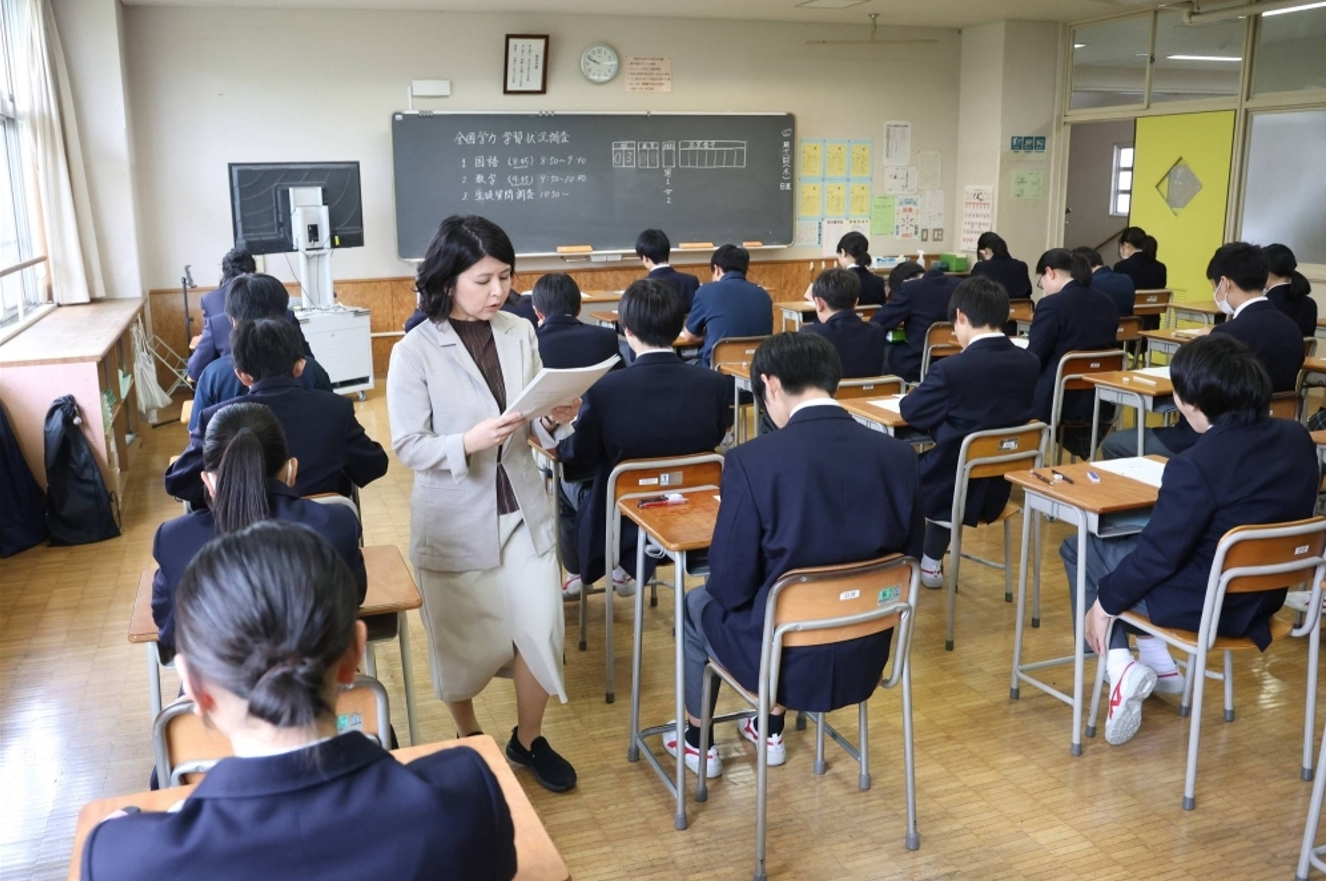
Current Prime Minister Fumio Kishida's idea of "investing in people" is a key part of his economic policy, which also applies to the education sector.
According to a 2019 report from the Organization for Economic Cooperation and Development (OECD), junior high school teachers in Japan have the highest average working hours among 48 countries and territories surveyed, at 56 hours/week, while the average of member countries is 38.3 hours/week.
This is the second consecutive year that the OECD has recorded Japanese teachers working the longest hours, and compared to the previous survey in 2013, the figure has increased by 2.1 hours.
Get paid for overtime work
NHK reported that on April 19, 2024, the Central Council of Education Special Committee, in coordination with the Ministry of Education, Culture, Sports, Science and Technology (MEXT), proposed a draft to increase teachers' overtime pay from the current 4% of their monthly salary to at least 10%.
The adjustment comes as Japan's education sector faces major challenges, such as a shortage of teachers, long working hours and increasing work pressure.
While the proposal could significantly increase teachers' monthly income, it has been met with controversy, especially from those who argue that the reform does not go far enough to address systemic problems in Japan's education workforce.
Teachers in Japan receive overtime pay, calculated at 4% of their monthly salary, regardless of the actual number of overtime hours worked. “Overtime” here refers to work that teachers do outside of regular hours, including preparing lessons, grading papers, attending meetings, advising students, or participating in extracurricular activities.
The system, established under the Special Law on Wages (Kyutokuho) more than five decades ago, is based on the assumption that teachers will work about eight hours of overtime per month. However, in reality, many teachers work much more than that, and the current system has been criticized for not reflecting their actual workload.
The new proposal, which calls for raising the overtime rate from 4% to 10%, would be the first major change in teacher salaries in 50 years. According to MEXT's calculations, a teacher with a base salary of 300,000 yen (about 51 million VND) would see his monthly income increase from 12,000 yen (about 2 million VND) to 30,000 yen (5.1 million VND). The proposal would also lead to increased public spending, estimated to cost up to 210 billion yen (about 36.2 trillion VND).
According to Trading Economics, from 1970 to 2024, the average monthly salary for all occupations in Japan was around 320,000 yen (equivalent to 54.7 million VND). With a basic salary of around 300,000 yen, it can be seen that the income of the teaching profession is quite close to the national average. This is quite common for public sector jobs in many countries.
Increase but not according to reality
While the pay increase may seem significant, the proposal has sparked debate about the broader implications of the Kyutokuho system. Critics say that basing overtime on a fixed rate, rather than actual hours worked, does not accurately reflect the current state of the teaching profession.
Many teachers often work overtime while the rigid structure of the Kyutokuho system does not take this extra work into account, which many teachers feel is unfair.
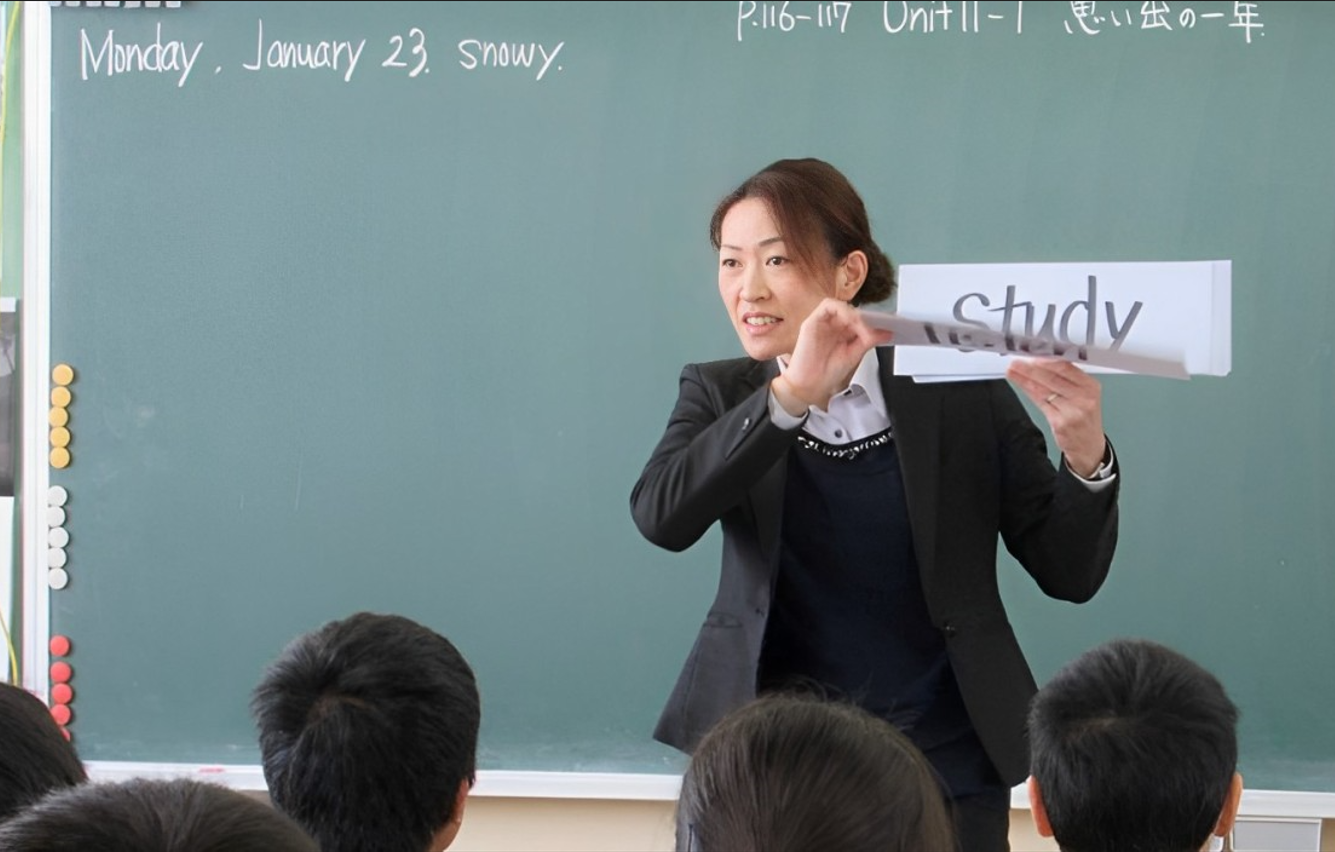
Meanwhile, reform advocates defend the current pay structure, arguing that the nature of the teaching profession makes it difficult to measure hours worked. Teaching requires not only creativity and flexibility, but also passion and dedication.
These are not easily identified in conventional overtime standards. The commission's draft, while acknowledging these concerns, does not change the entire system.
In addition to increasing overtime pay, the proposal includes a number of reforms aimed at improving teachers' working conditions.
One of the key reforms is the creation of a new position between the ranks of “teacher” and “senior teacher”. This position will have a higher salary and come with more responsibilities. This will not only provide opportunities for teachers to advance, but will also help relieve pressure on both new and experienced teachers.
The proposal also includes providing additional allowances for homeroom teachers and improving administrative allowances. Homeroom teachers in Japan often have to take on additional responsibilities, such as looking after students and handling administrative work, but are not paid adequately.
Expanding the specialist teacher system is another important initiative. Currently, it only applies to teachers in grades 5 and 6, but the new proposal wants to extend it to grades 3 and 4. This would allow teachers in grades 3 to focus on teaching just a few subjects, rather than many. This would improve the quality of teaching and reduce teacher stress, reducing the risk of burnout from juggling too many responsibilities.
Finally, the proposal emphasizes the need to deploy more support staff to help teachers manage workloads and student needs.
While the pay raises and related reforms would require a significant increase in public spending, advocates say the changes are necessary to attract and retain high-quality teachers. As teacher shortages continue to be a problem in Japan, especially in rural areas, competitive salaries and better working conditions are seen as crucial to maintaining the health of the education system.
However, some argue that the focus should be on radically changing the Kyutokuho system, rather than simply raising salaries. Without addressing core issues such as unrealistic expectations of teachers and inadequate compensation for overtime, these reforms are only a temporary fix.
As the Japan Education Commission moves forward with its recommendations, the focus will remain on finding a balance between fair teacher pay and sustainable public spending. The outcome of these discussions could have far-reaching implications not only for teachers in Japan, but also for the future of the country’s education system.

Source: https://vietnamnet.vn/luong-giao-vien-cao-van-tranh-cai-tang-them-10-thu-nhap-2324435.html



![[Photo] Overcoming all difficulties, speeding up construction progress of Hoa Binh Hydropower Plant Expansion Project](https://vstatic.vietnam.vn/vietnam/resource/IMAGE/2025/4/12/bff04b551e98484c84d74c8faa3526e0)


![[Photo] Closing of the 11th Conference of the 13th Central Committee of the Communist Party of Vietnam](https://vstatic.vietnam.vn/vietnam/resource/IMAGE/2025/4/12/114b57fe6e9b4814a5ddfacf6dfe5b7f)




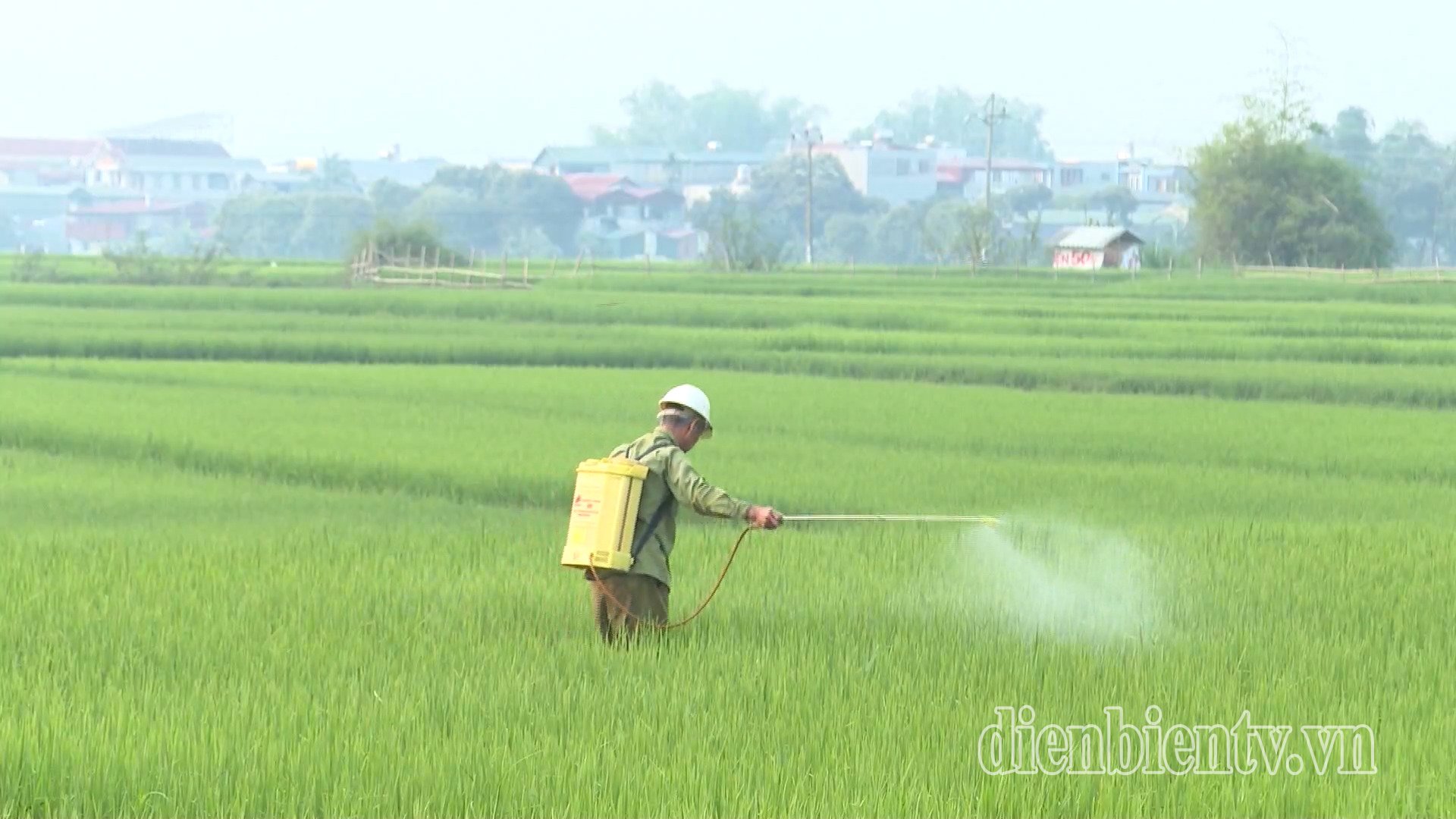




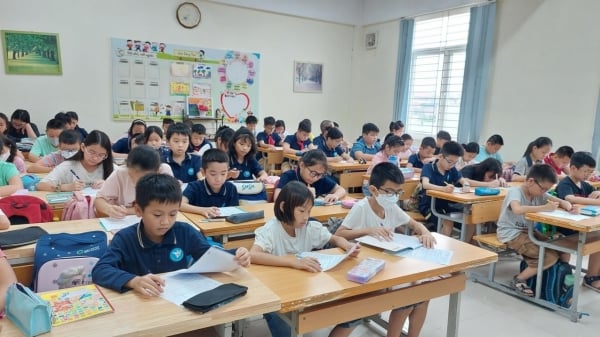









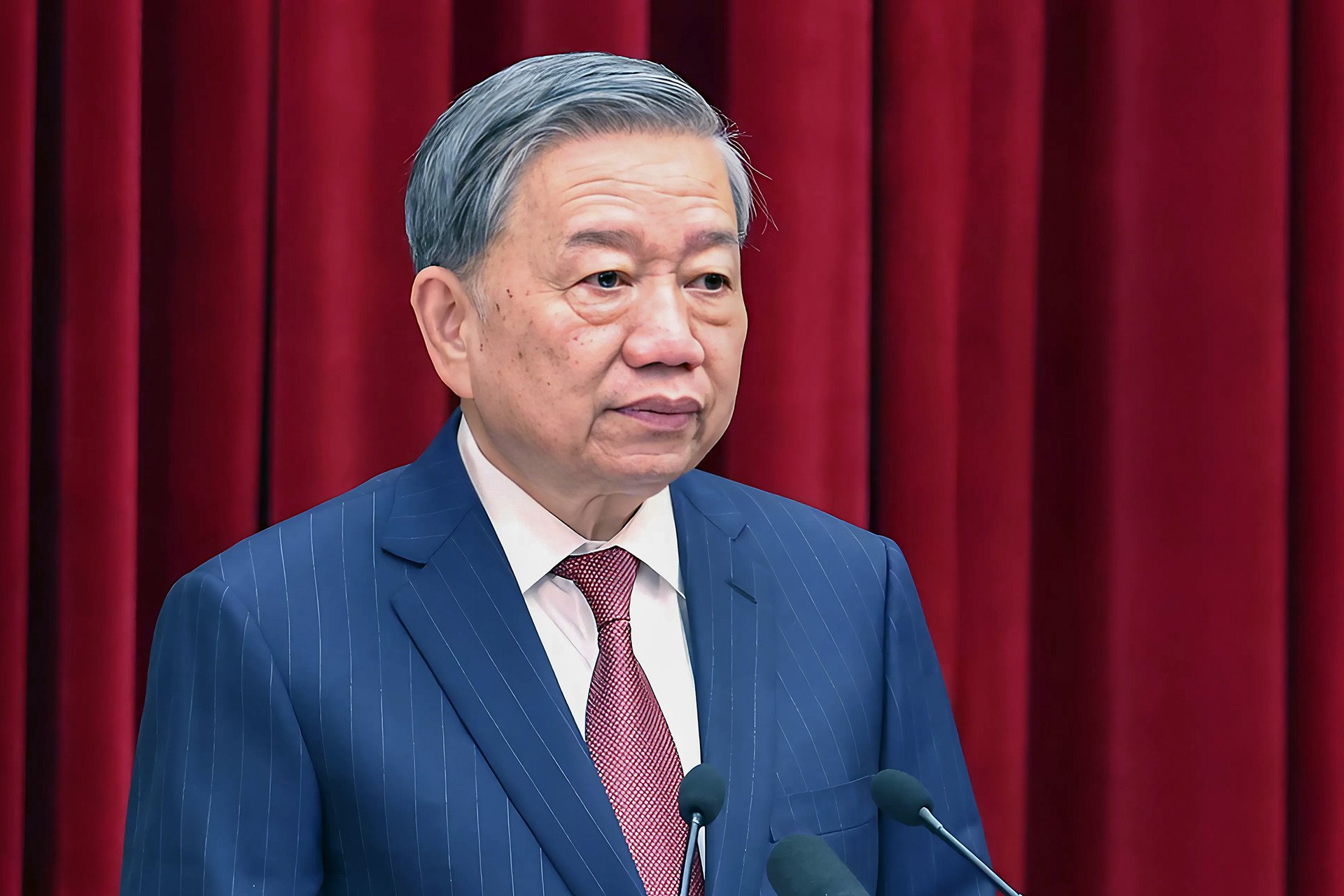



















































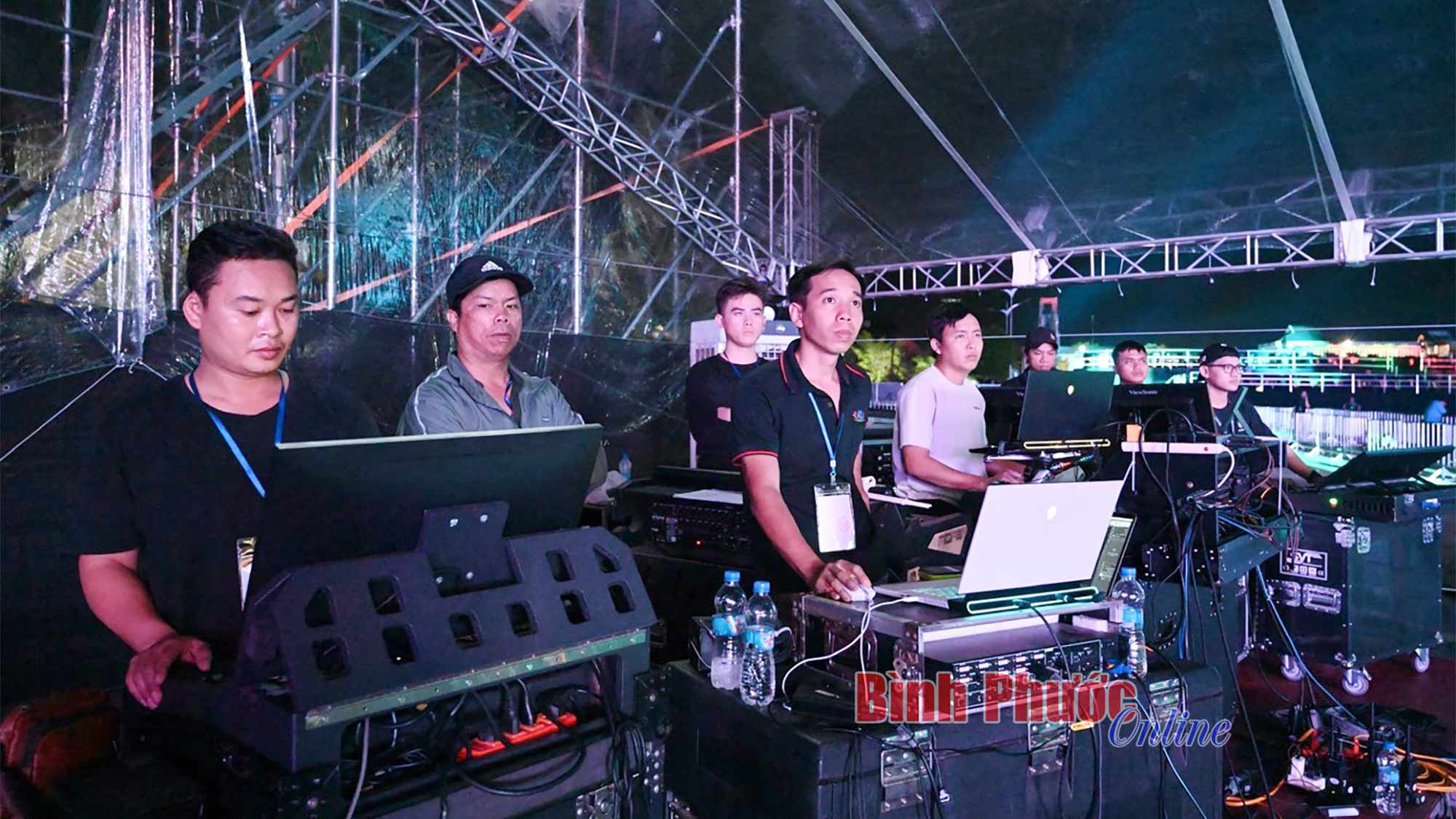















Comment (0)